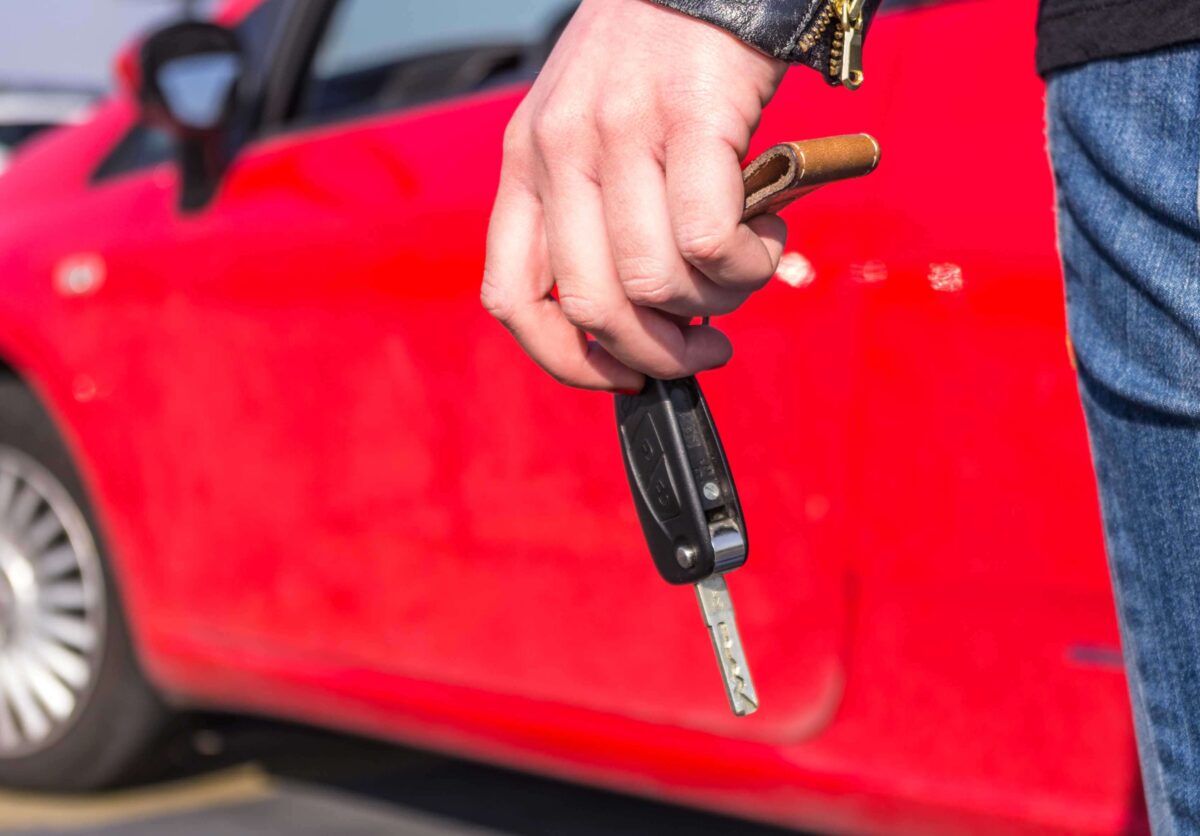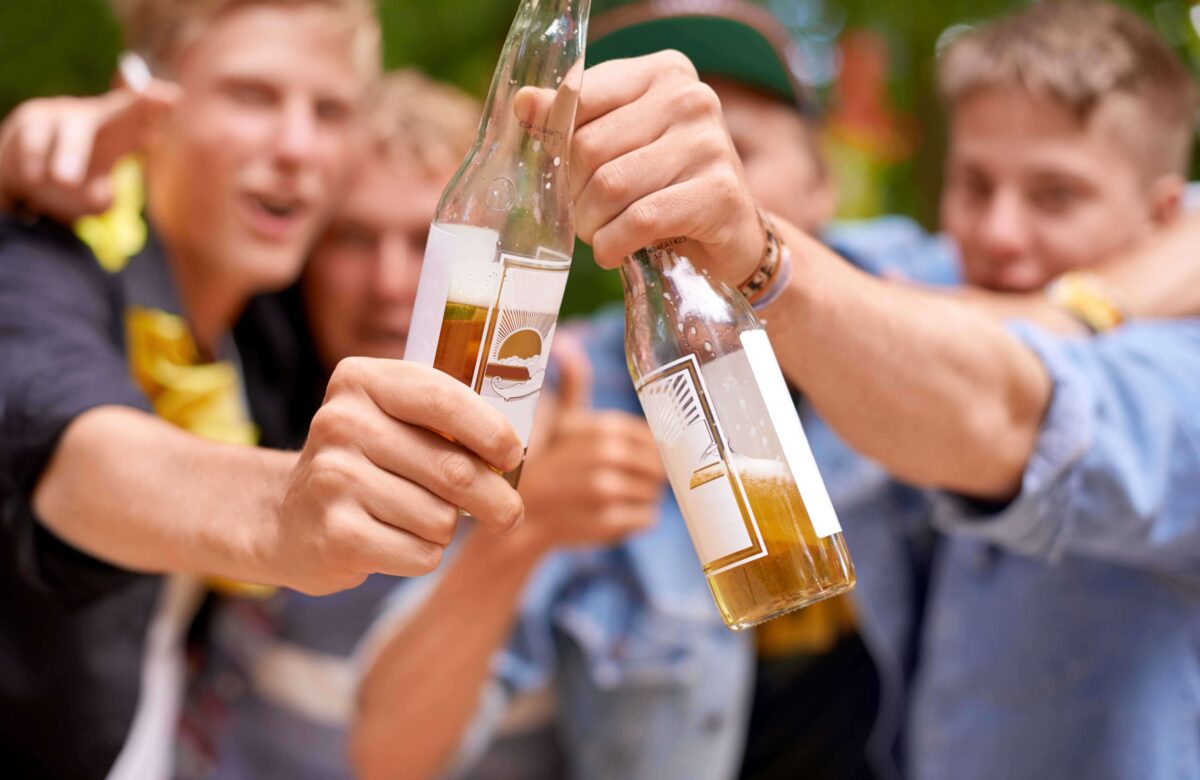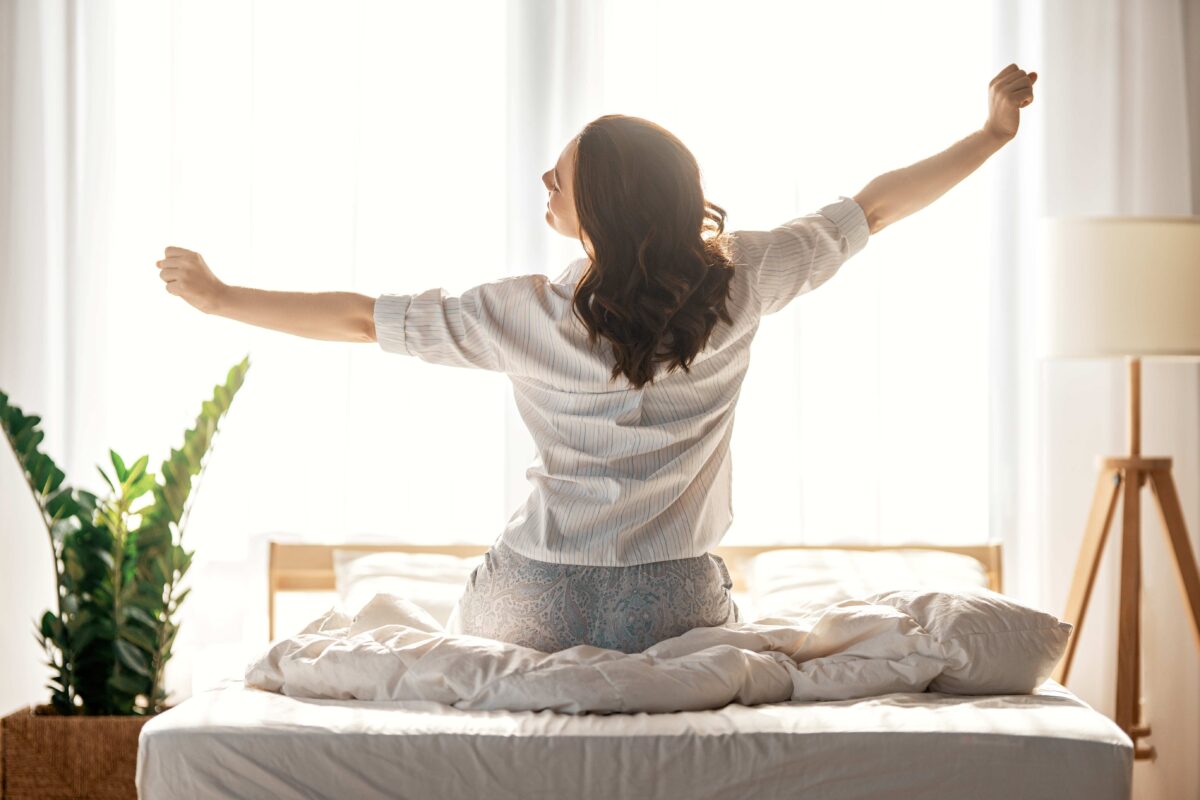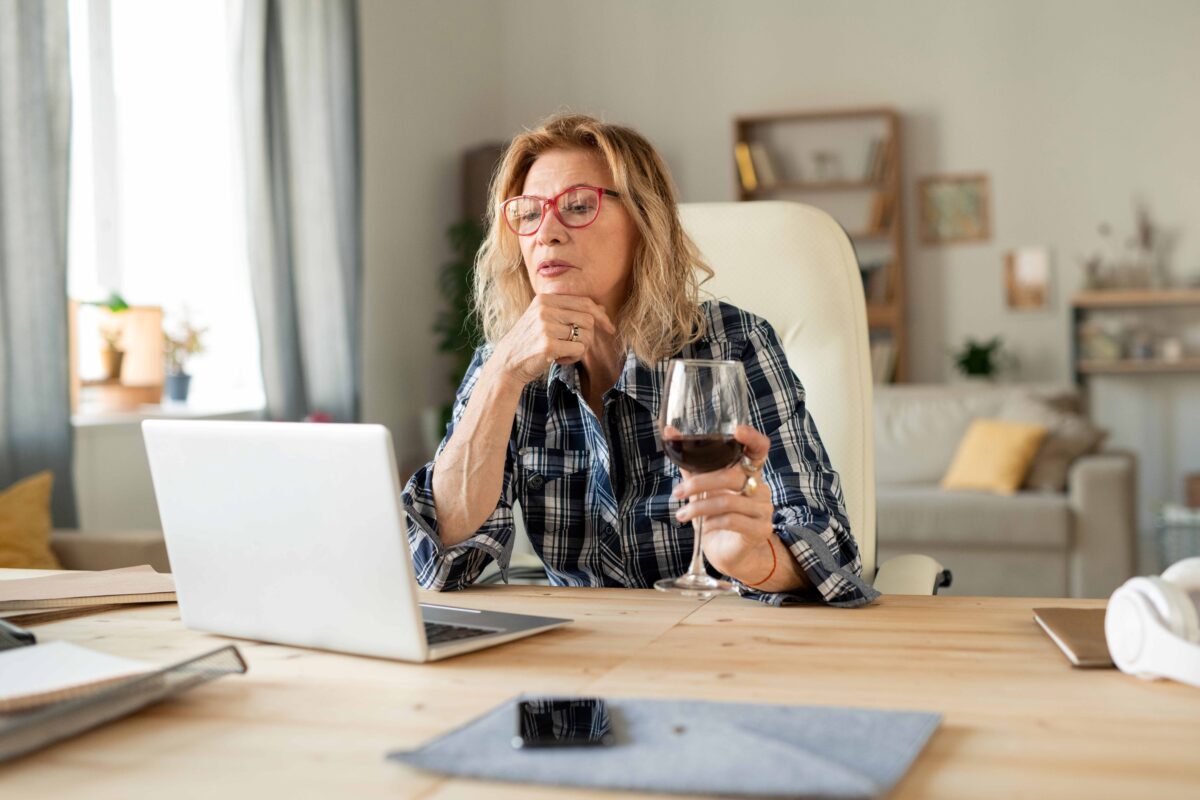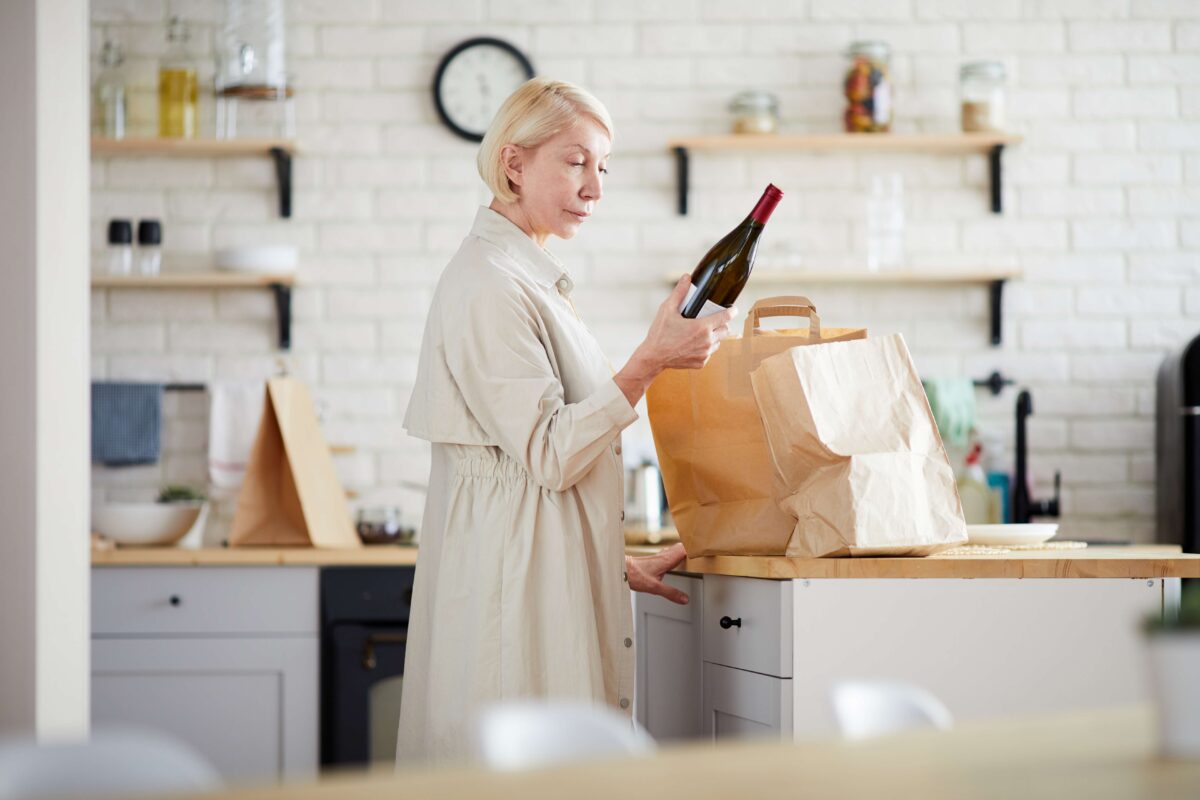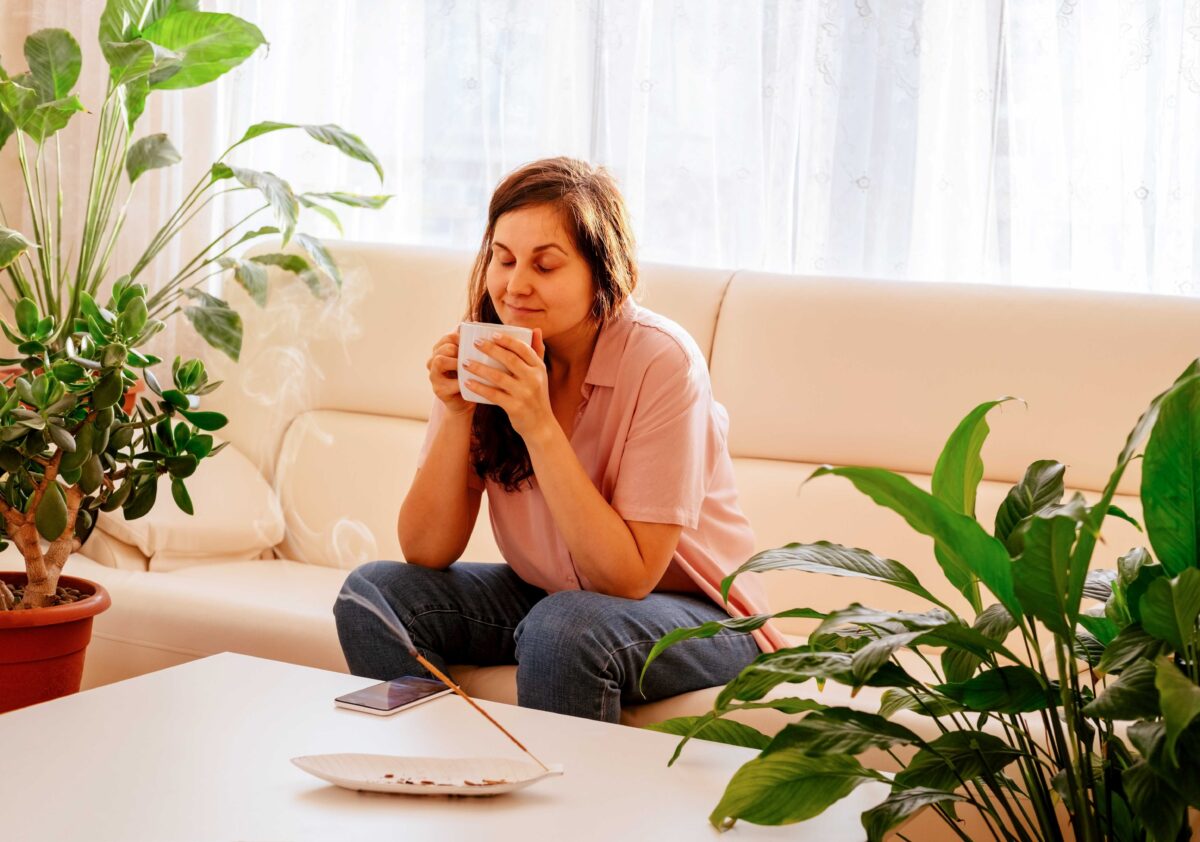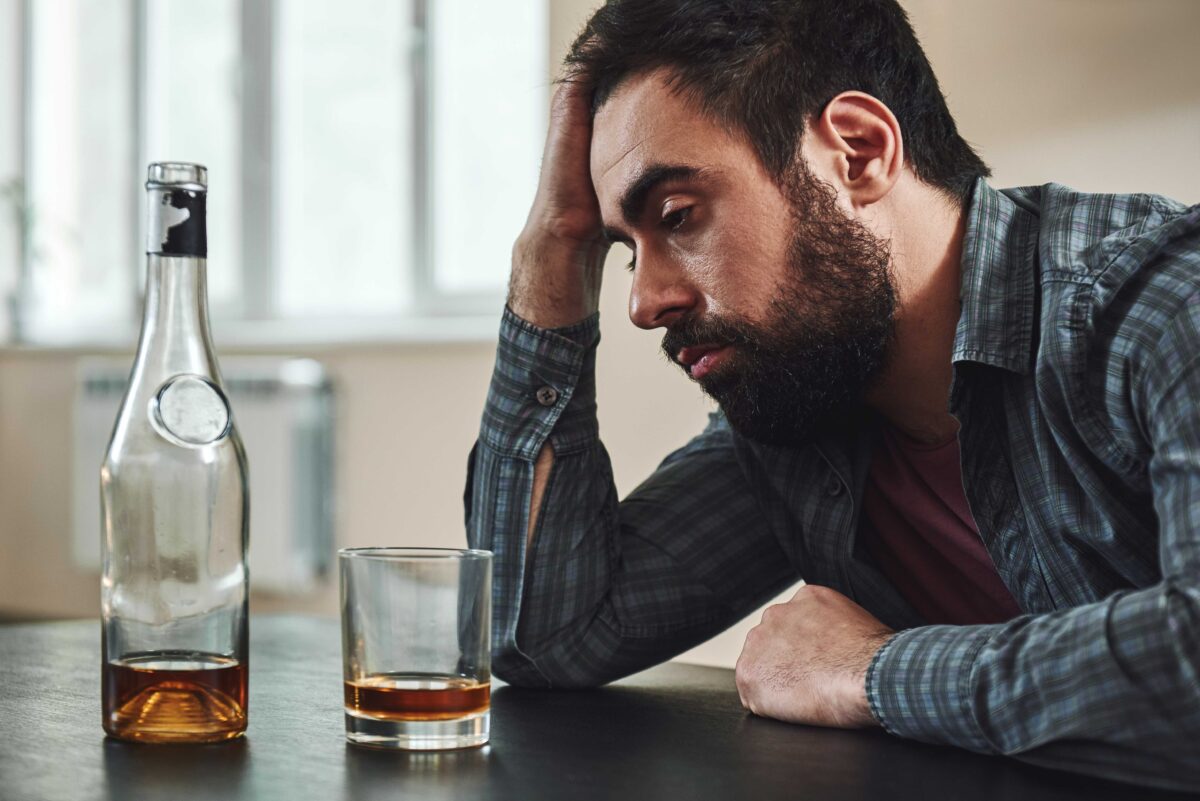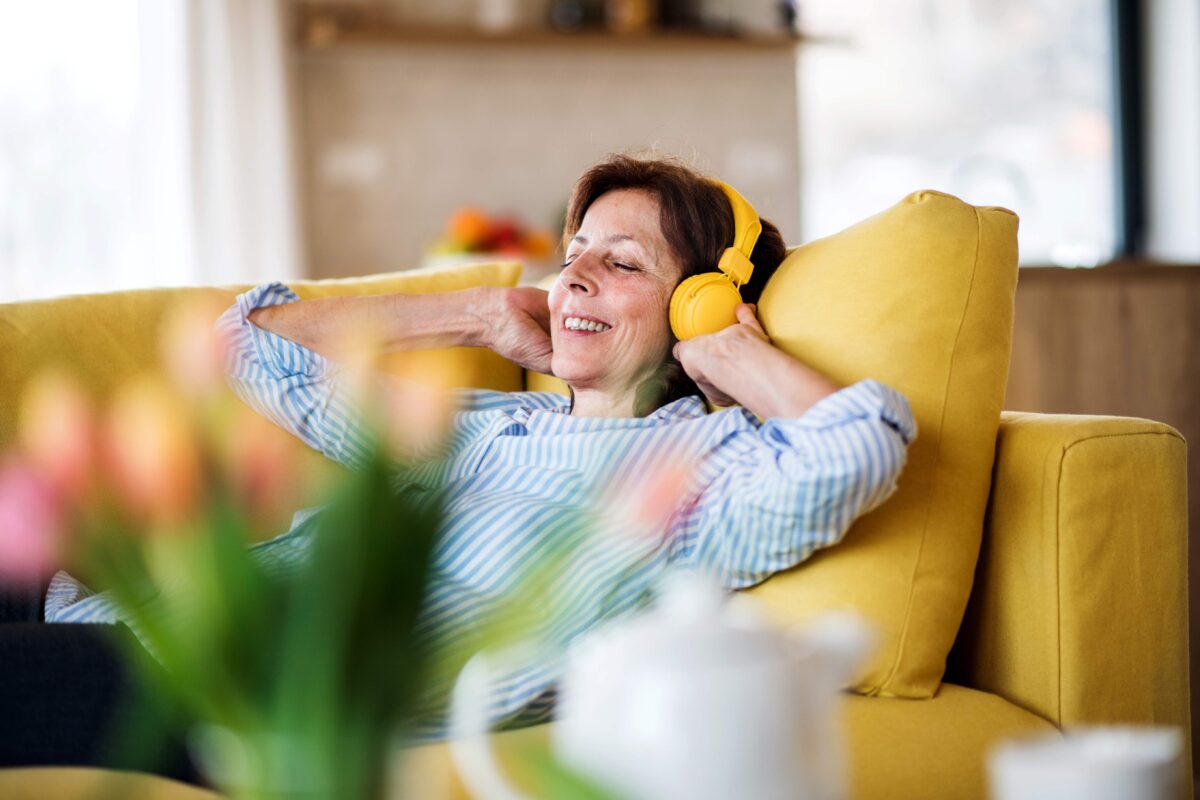Ailsa Frank
-
Drink Driving: How to Take Control Before It's Too Late
For many people, drink driving doesn’t begin with reckless intent — it starts with one small choice. Maybe you thought you were fine to drive after just a glass of wine. Or perhaps it was a particularly stressful evening, and you told yourself you’d be extra careful. Over time, that line between what’s safe and what’s not can quietly blur... -
How Hypnotherapy Works to Reduce Alcohol Consumption
For many people, drinking starts as a way to unwind, socialise, or take the edge off. But over time, what began as a conscious choice can become automatic — a routine that quietly weaves itself into everyday life. Without realising it, the occasional drink can turn into a deeply ingrained habit that feels difficult to change, even when the desire... -
Drinking at Boarding School: Where Bad Habits Begin
For many people, their first experience with alcohol didn’t happen at home — it happened at school. Not in the classroom, of course, but during weekends, secret dorm-room drinks, or group celebrations. For those who attended boarding school, the culture of early drinking was often part of the experience — a mix of freedom, rebellion, bonding, and trying to fit... -
No Hangover, No Problem? Why It’s Still Time to Cut Down on Drinking
For many people, the idea of cutting back on alcohol feels unnecessary if hangovers aren't a regular issue. "I don’t get hangovers, so I must be fine," is a common thought. Without obvious side effects the next day, it’s easy to believe drinking isn’t causing harm or becoming a habit worth questioning. Yet even without a pounding head or nausea... -
Work Pressure and Drinking: Breaking the Vicious Cycle
Modern work life often demands so much of us. Long hours, deadlines, tight targets and endless to-do lists have become part of everyday life. It’s no surprise that when the working day finally ends, many people instinctively reach for a drink to unwind. It seems harmless — even well-earned — but over time, these after-work drinks can quietly become part... -
How Drinking Creeps Up: Signs You’re Drinking More Than You Realise
Many people start with just a casual drink here and there — a glass of wine with dinner, a beer after work, or cocktails with friends on weekends. But over time, without noticing, that occasional drink can quietly become a regular habit. It's not always easy to spot when drinking has subtly increased, yet recognising the signs early can make... -
How to Stop Drinking Alcohol Without Going Cold Turkey
Quitting alcohol cold turkey can feel like a daunting challenge. Many people assume that stopping drinking means an all-or-nothing approach, but that’s not the only way to regain control. In reality, a gradual reduction can be far more effective, sustainable, and safe. This approach allows you to reduce alcohol intake in a way that feels manageable, without overwhelming cravings or... -
How Hypnotherapy Helped Me Quit Drinking for Good
For many people, quitting alcohol feels like a battle of willpower, one that’s impossible to win. But what if the urge to drink faded away? What if alcohol stopped feeling like a necessity and became just another choice, one you no longer wanted or needed? This is exactly what hypnotherapy does. Instead of fighting cravings, it works on a subconscious... -
Alcohol and Anxiety: Breaking the Cycle with Hypnotherapy
Anxiety can be overwhelming, affecting your ability to think clearly, sleep well, or feel at ease in social situations. For many, drinking alcohol seems like a way to take the edge off—a quick escape from stress, worry, or intrusive thoughts. At first, alcohol appears to help. It slows down the central nervous system, creating a sense of relaxation. But what... -
How to Replace Drinking with Healthier Habits
Life’s stresses and emotions can sometimes lead us to rely on alcohol as a coping mechanism. Whether it’s unwinding after work, dealing with anxiety, or managing loneliness, drinking can quickly become an automatic habit rather than a conscious choice. If you’ve been drinking more than you’d like, you’re not alone. The MESA study, published in BMC Psychology, highlights that stress...


